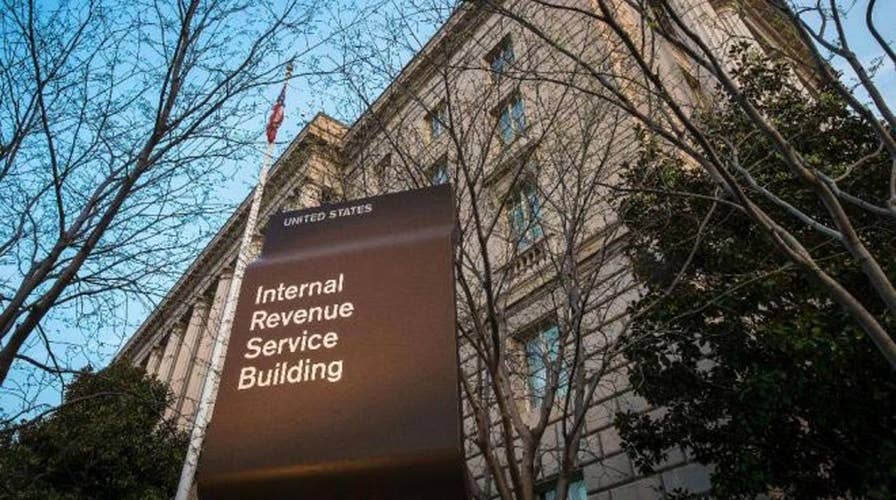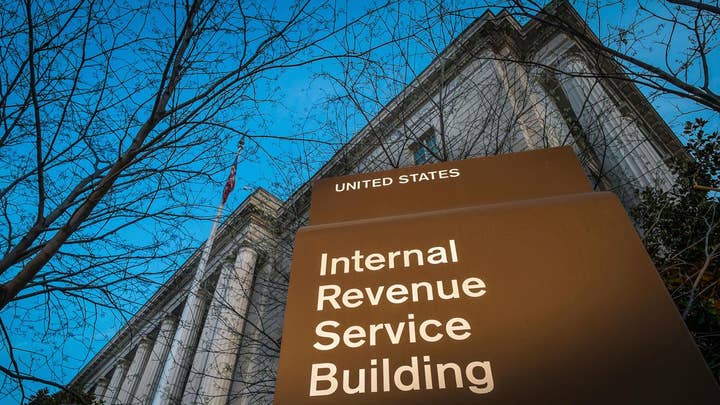IRS too understaffed to handle GOP tax overhaul?
Former IRS Commissioner Mark Everson on the impact of the Republicans' tax reform plan.
The IRS audited only 0.6 percent of returns in 2017, the lowest figure in the past 15 years amid shrinking budgets and criticism over excessive enforcement.
The agency reviewed only one in about 160 individual tax returns in 2017, according to its 2017 Data Book released last week. This marks the sixth consecutive year that audits have declined.
The audit rate of high-income households declined the most, with less than five percent of returns being subjected to a review by the agency.
In 2015, nearly 10 percent of such returns were audited amid the Treasury inspector general’s recommendation that high earners should be the top priority for the agency, The Wall Street Journal reported.
Lower income groups also were less likely to be audited – the rate of audits dropped to 0.59 percent in 2017 from 0.76 percent in 2015.
An IRS spokesman told the newspaper that the drop in the audit rate is mostly due to the agency’s declining personnel responsible for reviewing the returns.
The report also states that taxpayers earning over $1 million in tax year 2015 paid 28 percent of total income taxes, up by 3 percent since 2013. Taxpayers earning between $200,000 and $500,000 paid nearly 21 percent of the total.
Taxpayer advocates celebrated the latest figures, with many pointing out to overzealous enforcement in the past that put undue scrutiny on conservative groups and made filing tax returns difficult for ordinary people.
“I would very much like to live in a world where the IRS doesn’t have to do too much auditing because the tax code is simple enough for people to understand.”
“It should be a healthy sign if they’re auditing less,” Grover Norquist, president of Americans for Tax Reform, told The Washington Times. “I would very much like to live in a world where the IRS doesn’t have to do too much auditing because the tax code is simple enough for people to understand.”
The agency’s proponents, however, are ringing alarm bells that if it isn’t properly funded, rampant evasion could develop, especially after the passing of the $1.5 trillion tax cut.
“You’ve got this depleted workforce, they’re auditing fewer people, and now here comes this tax law that invites all kind of rampant tax sheltering, and they provide no additional money,” Chuck Marr, director of federal tax policy at the Center on Budget and Policy Priorities, told the Times.






